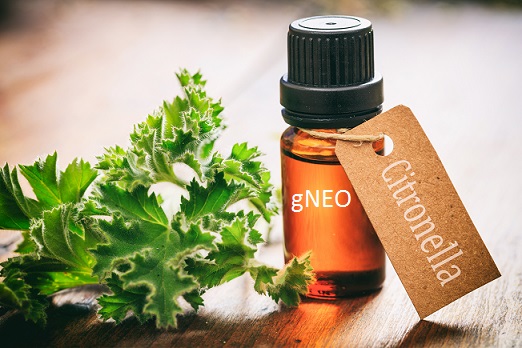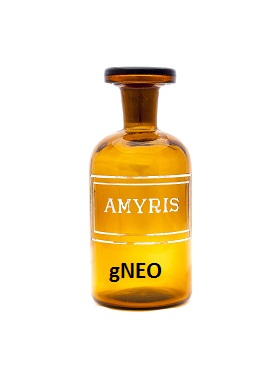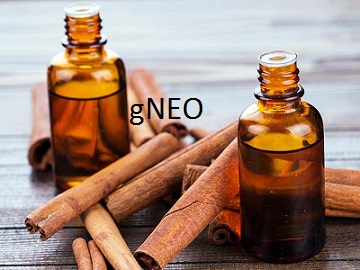Description: Lemon essential oil is known for its uplifting, positive and calming effect on the mood. Its ability to treat stress is matched only by its detoxifying power; with such a wide range of applications it is considered a staple in any essential oil therapy. Cold-pressed from the outer rind of the fruit, it presents as a bright yellow, thin liquid with a clean, fresh and citrusy top fragrance note. Lemons for essential oil are harvested slightly green in order to produce a higher quality oil. It takes more than three thousand lemons to produce just one kilo (2.2 pounds) of essential oil. Its constituents include Limonene, citral, bergamotine, limettine, diosmine and limotricine. Lemon essential oil does not keep well, and if left in unprotected conditions with high heat or light can become cloudy and rancid. If your lemon essential oil appears this way, or takes on a disagreeable smell, discard it immediately as its therapeutic nature will be negligible at that point. It stimulates the body’s elimination processes, both through the digestive tract and through blood and lymph circulation. Lemon essential oil has a stimulating effect on the mind and body. It decreases the response of stress hormones to help you relax and feel less anxious.
Botanical Name: Citrus limon
Plant Part: Fruit rind
Extraction Method: Cold pressed
Odor and Appearance: A pale yellow to greenish yellow liquid with a Odor and Appearance lemon odor.
Country of origin: Argentina
Main Constituents: limonene, beta-pinene, gamma-terpinene, citral, alpha-pinene, sabinene, and myrcene.
Common Uses: Lemon Essential Oil (Argentina Type) has common uses that include:
- Aromatherapy: It is often used in aromatherapy to uplift and energize the mood, reduce stress, and increase mental clarity.
- Cleaning Products: Due to its natural antibacterial and antiseptic properties, lemon oil is a valuable ingredient in homemade cleaning solutions, effectively disinfecting surfaces and leaving a fresh scent.
- Skincare: Lemon oil can be added to skincare products for its potential benefits in promoting clear and healthy skin, as well as addressing issues like acne and oily skin.
- Hair Care: Some people use lemon oil in haircare products to enhance shine, manageability, and address dandruff.
- Culinary Use: Culinary-grade lemon oil is used sparingly in cooking and baking to add a bright and citrusy flavor to dishes, desserts, and beverages. It can be a substitute for lemon zest or juice in recipes.
- Bath Products: Adding a few drops of lemon oil to a warm bath can create an invigorating and aromatic bathing experience.
- Room Fresheners: Lemon oil can be used in room sprays, diffusers, and potpourri to freshen indoor spaces with its pleasant and lively aroma.
- Insect Repellent: The scent of lemon oil may help deter insects, making it a natural addition to homemade insect repellent blends.
- Perfumery: Lemon Essential Oil is occasionally used as a top note in perfumery to add a fresh and citrusy element to fragrances, contributing to their brightness and liveliness.
Note: Top note.
Blends well with: Bergamot, Lime, Orange, Lavender, Peppermint, Eucalyptus.
Contraindications: Lemon oil can cause skin irritation. Use caution when applying topically, and heed all recommended dilution factors. All citrus essential oils are phototoxic, which means that you should not expose skin that has been treated with lemon essential oil to direct sunshine as it can cause severe burning or irritation. Keep away from the eyes and mucous membranes, and test on an insensitive area of skin until you know your tolerance. Avoid if you have sensitive skin.
*These statements have not been evaluated by the Food and Drug Administration. This product is not intended to diagnose, treat, cure, or prevent any disease.*
For large quantities please contact us via our phone number or through the Contact Us page.
Like us on Facebook.









Charmayne Strayhorn (verified owner) –
The lemon smells fresh and will be used in CP soap
rfreshsoap (verified owner) –
This is hands down my favorite lemon essential oil. It’s has a bright and crisp lemon aroma that shines through– even in cold process soap.
Tanja (verified owner) –
This oil has a beautiful and strong fragrance. I love it. I used to get my lemon oil from a different supplier but I will start getting it here now.
Linda LaBelle (verified owner) –
Excellent quality!
Gina A. (verified owner) –
Linda LaBelle (verified owner) –
Perfect scent for my cold process soap!
Elizabeth H. (verified owner) –
Price was phenomenal and Lemon EO is suitable for many things. Packaging is very secure. Good quality.